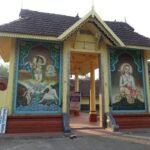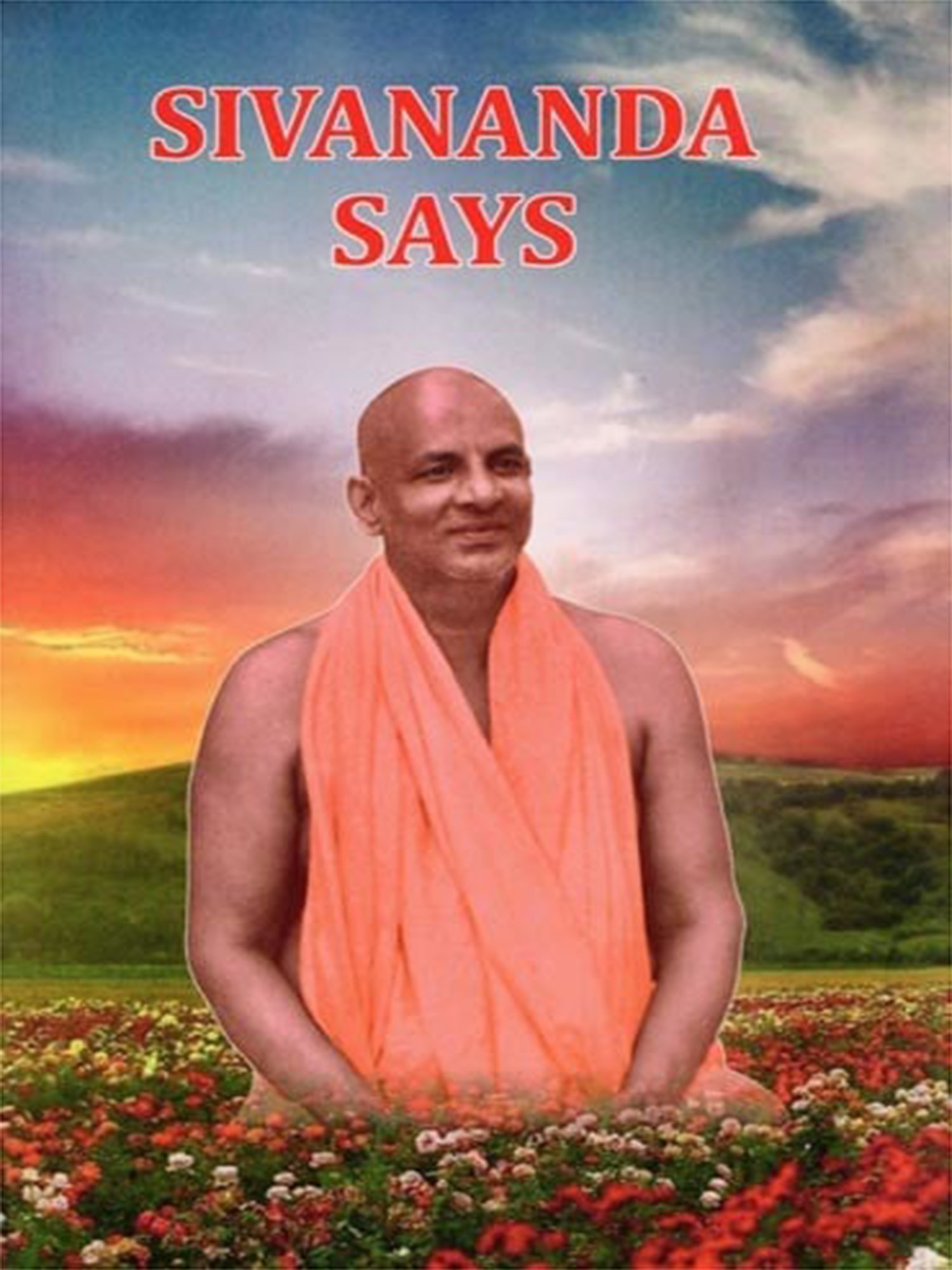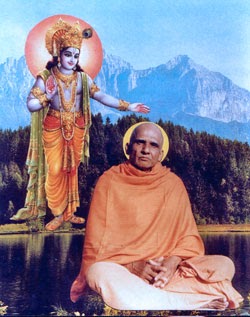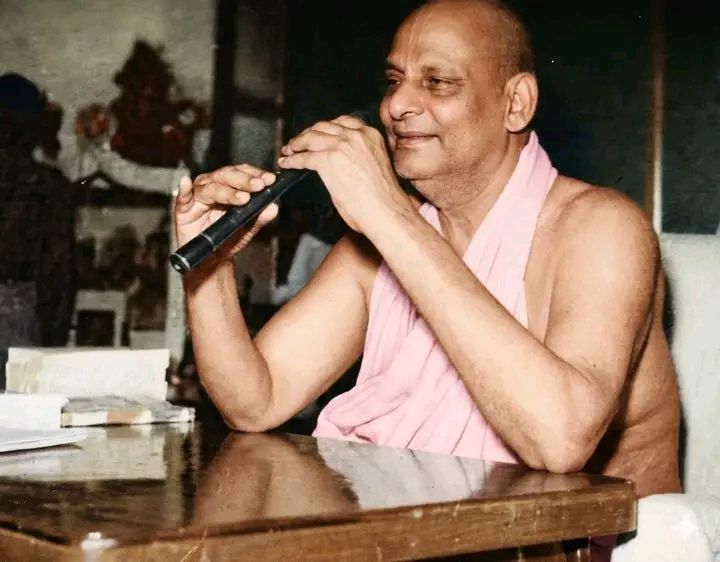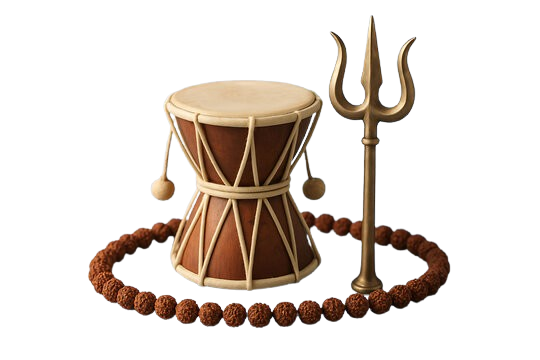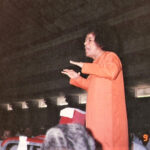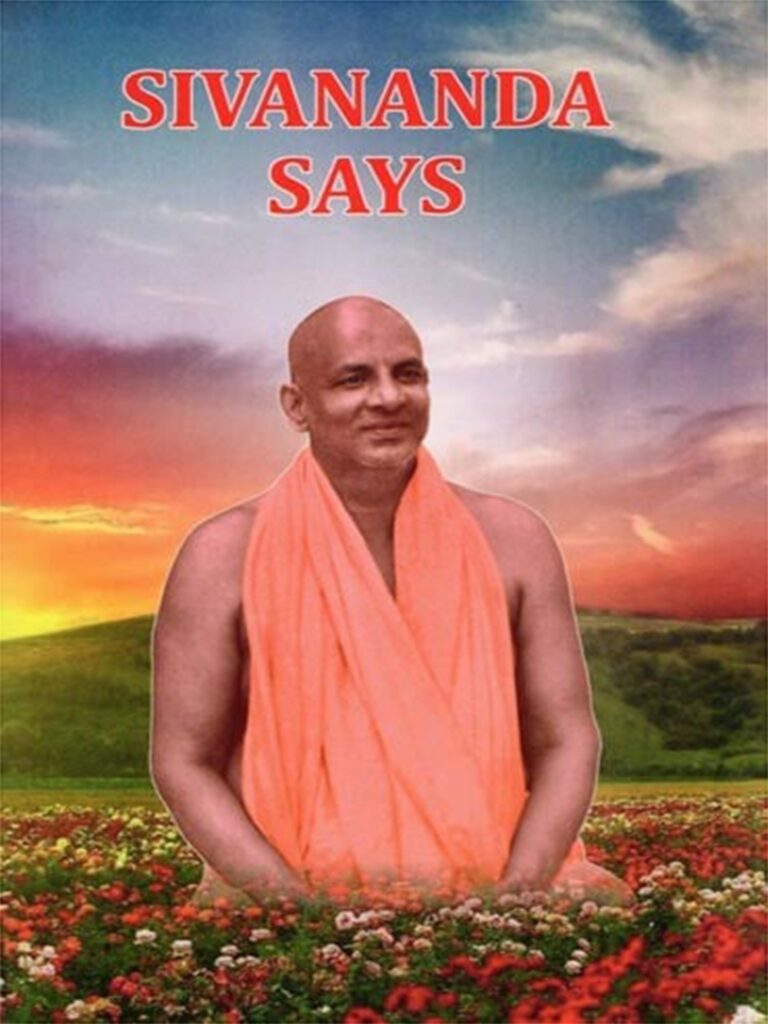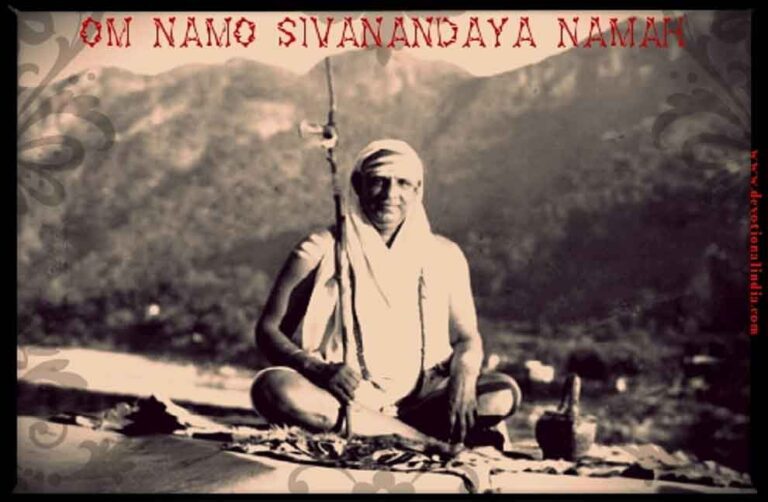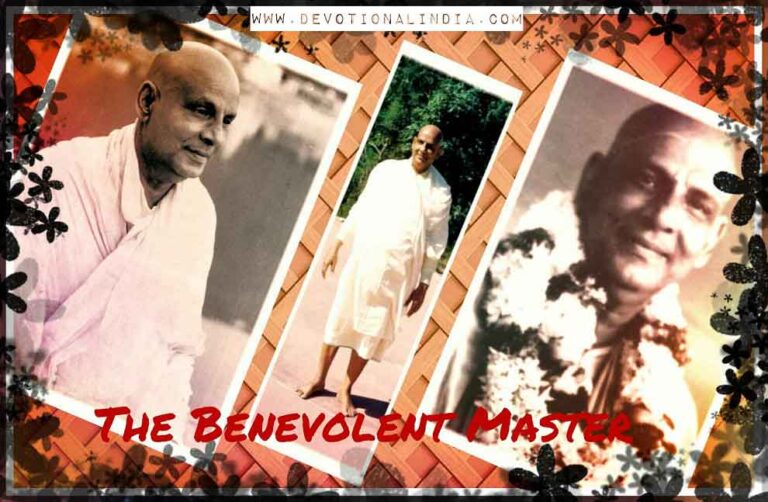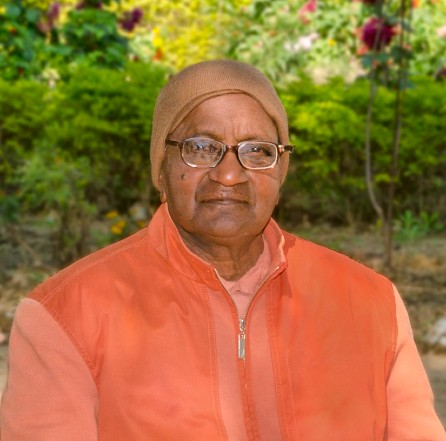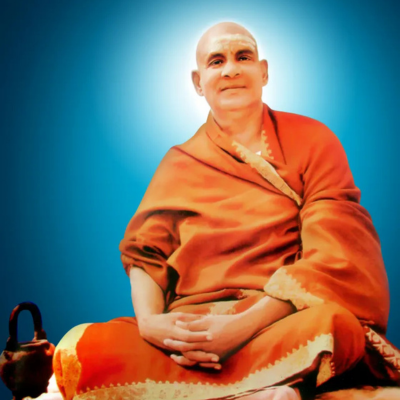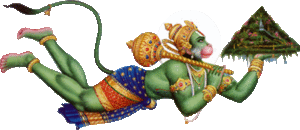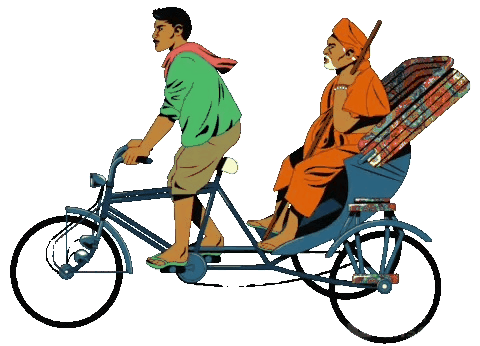Bhai Dooj
Bhai Dooj
Bhai Dooj, also known as Bhaiya Dooj or Bhau Beej, is a Hindu festival that celebrates the bond between brothers and sisters. It is observed on the second day after Diwali, during the Shukla Paksha (waxing phase of the moon) of Kartika month. The festival strengthens family ties, emphasizing love, protection, and the sacred relationship between siblings. Sisters pray for the well-being, prosperity, and long life of their brothers, while brothers vow to protect their sisters and shower them with gifts and affection.


Bhai Dooj, also known as Bhaiya Dooj or Bhau Beej, is a Hindu festival celebrated the day after Diwali to honor the special bond between brothers and sisters. On this auspicious day, sisters perform a ceremonial tilak on their brother’s forehead, pray for his long life, prosperity, and well-being, and offer sweets and gifts.






Rituals & Traditions of Bhai Dooj

Bhai Dooj is celebrated with devotion, love, and a series of traditional rituals that honor the bond between brothers and sisters. The day begins with sisters performing the tilak ceremony (tika) on their brother’s forehead, applying vermilion or sandalwood paste, and praying for his long life, health, and prosperity. Sisters also prepare special sweets, fruits, and festive meals, which are offered to the brothers as part of the ritual.
Brothers reciprocate by blessing their sisters and presenting them with gifts, money, or tokens of affection, symbolizing their promise to protect and support them. Homes are often decorated with rangoli, flowers, and lamps, creating a festive and joyous environment. In many regions, families gather for special prayers, cultural programs, and communal feasts, reinforcing family unity and social bonding.
Regional variations add unique elements to the celebrations. In Maharashtra, sisters place a safeguard thread (rakhi) on the brother’s wrist; in Uttar Pradesh and Bihar, sisters may also perform a small puja for Yama, the god of death, invoking protection for their brothers. Despite these differences, the core essence remains the same: honoring sibling love, mutual care, protection, and familial harmony. Bhai Dooj thus combines spiritual devotion, emotional bonding, and cultural traditions in a meaningful and joyous celebration.
Spiritual Importance & Cultural Significance
Bhai Dooj is more than a festive occasion; it holds deep spiritual and cultural meaning. Spiritually, the festival honors the sacred bond between brothers and sisters, symbolizing love, protection, and lifelong devotion. Sisters pray for their brothers’ health, safety, and prosperity, while brothers vow to protect and support their sisters in every way. This practice reinforces family values, moral responsibility, and ethical duty, reminding everyone of the importance of faith, care, and devotion within the family.
Culturally, Bhai Dooj brings families together, strengthening social and familial ties. Homes are decorated with rangoli, flowers, and lamps, special sweets and meals are prepared, and gifts are exchanged, creating an atmosphere of joy and unity. The festival also celebrates gratitude, respect, and emotional bonds between siblings, serving as a reminder that strong familial relationships are the foundation of a harmonious society. Across India, regional variations add local flavor, but the essence remains the same: Bhai Dooj is a day to honor, protect, and cherish the sacred relationship between brothers and sisters, blending spiritual devotion with cultural celebration.


Food & Sweets & Modern Celebrations

Bhai Dooj is celebrated with delicious food, traditional sweets, and joyful gatherings, making it a festive occasion for families. Sisters prepare special sweets and dishes such as laddus, barfi, pedas, kheer, and puris, which are offered to brothers during the tilak ceremony and later shared as prasad. These treats not only symbolize love and affection but also add a sense of celebration and togetherness to the day.
Modern celebrations of Bhai Dooj combine traditional rituals with contemporary practices. Brothers give gifts, money, and tokens of appreciation to their sisters, while families decorate homes with rangoli, flowers, and lamps. Many people also celebrate virtually, sharing online greetings and video calls with siblings who live far away. Community gatherings, festive meals, and cultural programs further enhance the joyous atmosphere. Today, Bhai Dooj is both a spiritual and social celebration, blending devotion, family bonding, and modern expressions of love and gratitude, making it a memorable occasion for siblings of all ages. that celebrates faith, gratitude, and divine protection.




